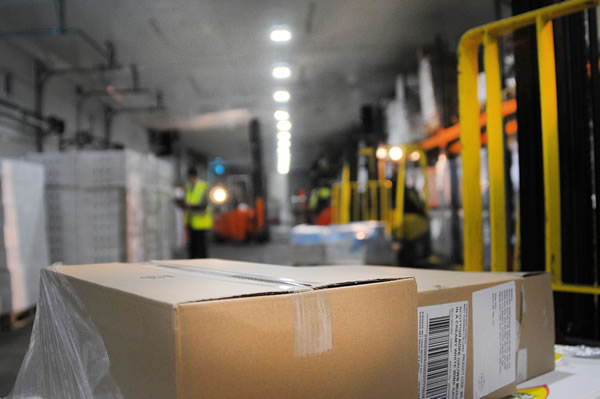The highways of the country stretch along to connect manufacturers to markets and customers to goods. The vital component of this network is the refrigerated transport that serves as the nexus between the manufacturers and the retailer/consumers. The refrigerated trucks handle almost 70% of the food supply chain, shipping it to various towns in the state and to different coasts. This kind of transport industry has also received a boost with the increase in international trade.
The frozen goods transport has kept the food industry going. The refrigerated trucks act as a critical link for transporting the goods from warehouses, tarmacs, docks, depots etc. This kind of logistical support has enabled the agricultural and organic farm businesses to retain the freshness of their products and transport them to various places. The sophisticated and modern technological refrigerated trucks enable the shipping of various products in a cost effective manner. Different products require different temperatures to retain their quality and to transport them. These refrigerated trucks have risen to the challenges and have been efficient in transporting the goods to different areas and in different seasons too.

Refrigerated courier services use refrigerated trucks which are like cooled box that maintains the temperature needed for transporting the perishable goods. The refrigerated vans use ice cooled mechanism. In this, the carbon dioxide is used in the liquid form or as dry ice which acts as a cooling agent. Even liquid nitrogen is used as a cooling agent. When the temperature inside the van increases, the liquefied nitrogen is released in the form of mist that helps in maintaining the required temperature. Moreover, the bodies of these vans are made up of aluminium that increases the durability and corrosion resistance of the vehicles. Certain goods required controlled and chilled temperature while a few others need freezing temperature. The cooling mechanisms fitted in these trucks help in maintain the freshness of the products and also control ripening of fruits and vegetables during transit. They help in maintaining controlled and chilled environment that is required for perishable goods, such as vegetables, fruits, dairy products etc.
Chilled products need expensive and sophisticated monitoring devices that can detect the minute tolerances to maintain the accurate temperatures. If the temperature decreases, the goods freeze and get spoiled. If the temperature increases, the products start ripening and this way also the products get spoiled. Hence, it is very much necessary to maintain the temperature by using the technology of controlled atmosphere which can enhance the shelf life of the products. In case of frozen foods, the temperature tolerance is relaxed where small changes in the temperature do not affect the quality of the foods.
This way, the refrigerated transport assists the food industry in marketing their products.
